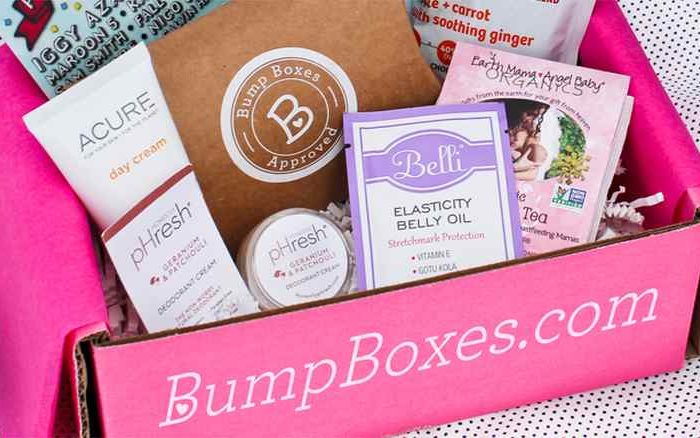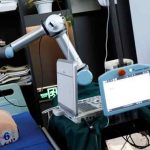Chinese professor designs a ‘coronavirus robot’ that could save lives

A team of researchers at China’s Tsinghua University has designed a robot they say could help save lives on the front line during the coronavirus outbreak, according to the news first reported by Reuters. Led by Professor Zheng Gangtie, the robot’s chief designer, the new robot can perform such tasks are normally carried out by doctors in person. For example, the robot can perform ultrasounds, take mouth swabs and listen to sounds made by a patient’s organs, usually done with a stethoscope.
Professor Zheng said he first came up with the idea around the turn of the Lunar New Year. At the time, Wuhan, the city where the virus first originated from, had just been put on lockdown and the number of cases and deaths was rising rapidly every day.
When fitted with cameras, medical personnel do not need to be in the same room as the patient, and could even be in a different city. “Doctors are all very brave,” said Tsinghua University Professor Zheng Gangtie, the robot’s chief designer. “But this virus is just too contagious … We can use robots to perform the most dangerous tasks.”
Gathering a team, Zheng set to work converting two mechanized robotic arms with the same technology used on space stations and lunar explorers. The robots were almost entirely automated, and could even disinfect themselves after performing actions involving contact, Zheng said.
A new “coronavirus robot” designed in China could help save lives on medical frontline. Researchers at one of China’s top universities have designed a robot they say could help save lives on the frontline during the coronavirus outbreak. The robots cost RMB 500,000 ($72,000) a piece to make.
The team now has two robots, which have been trialed by doctors at hospitals in Beijing. One is still at the team’s lab at the university, but the other is at the Wuhan Union Hospital, where doctors started training to use it on Thursday.
If all goes to plan, the robot may be put to use on coronavirus patients in Wuhan from Sunday, Zheng said.




